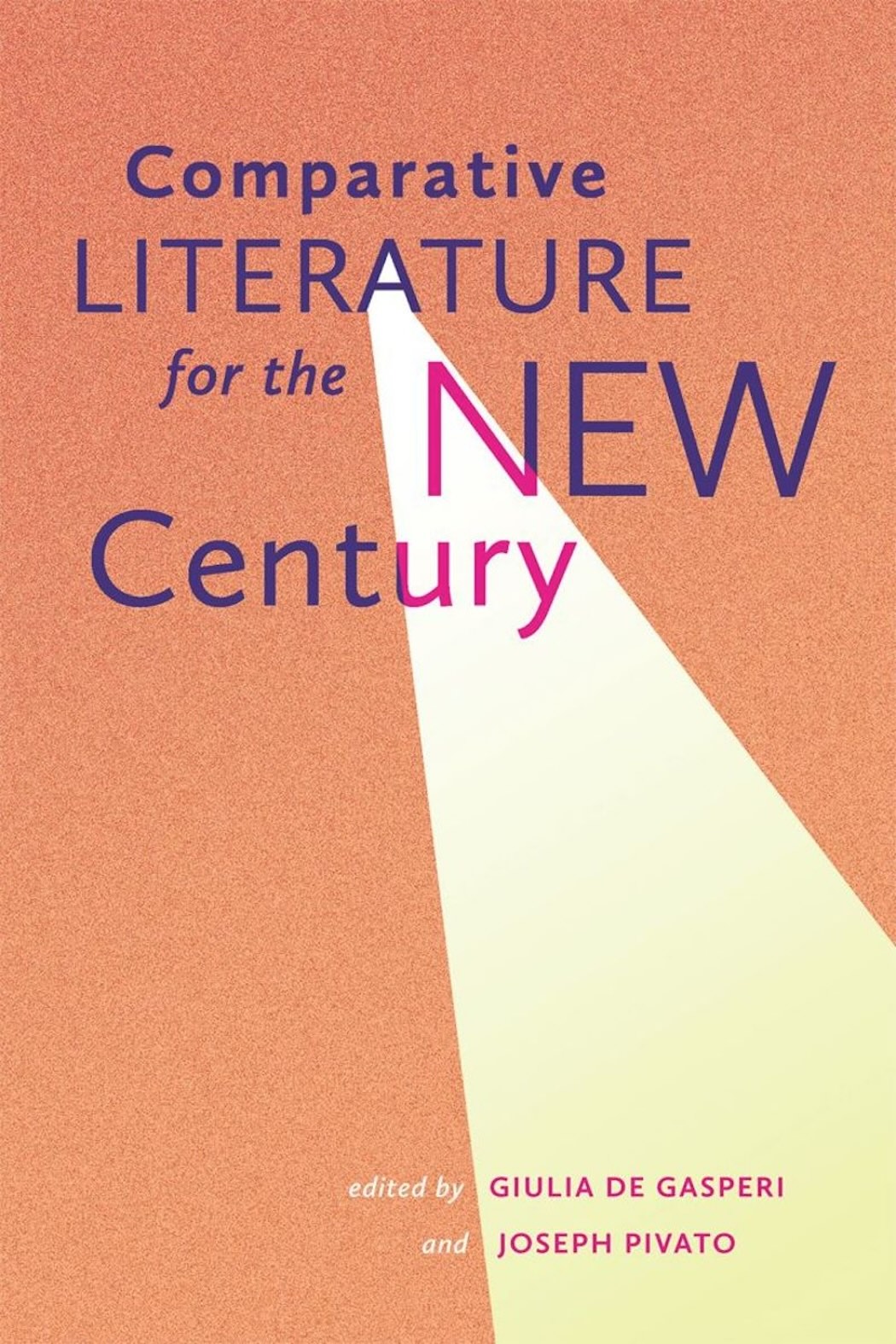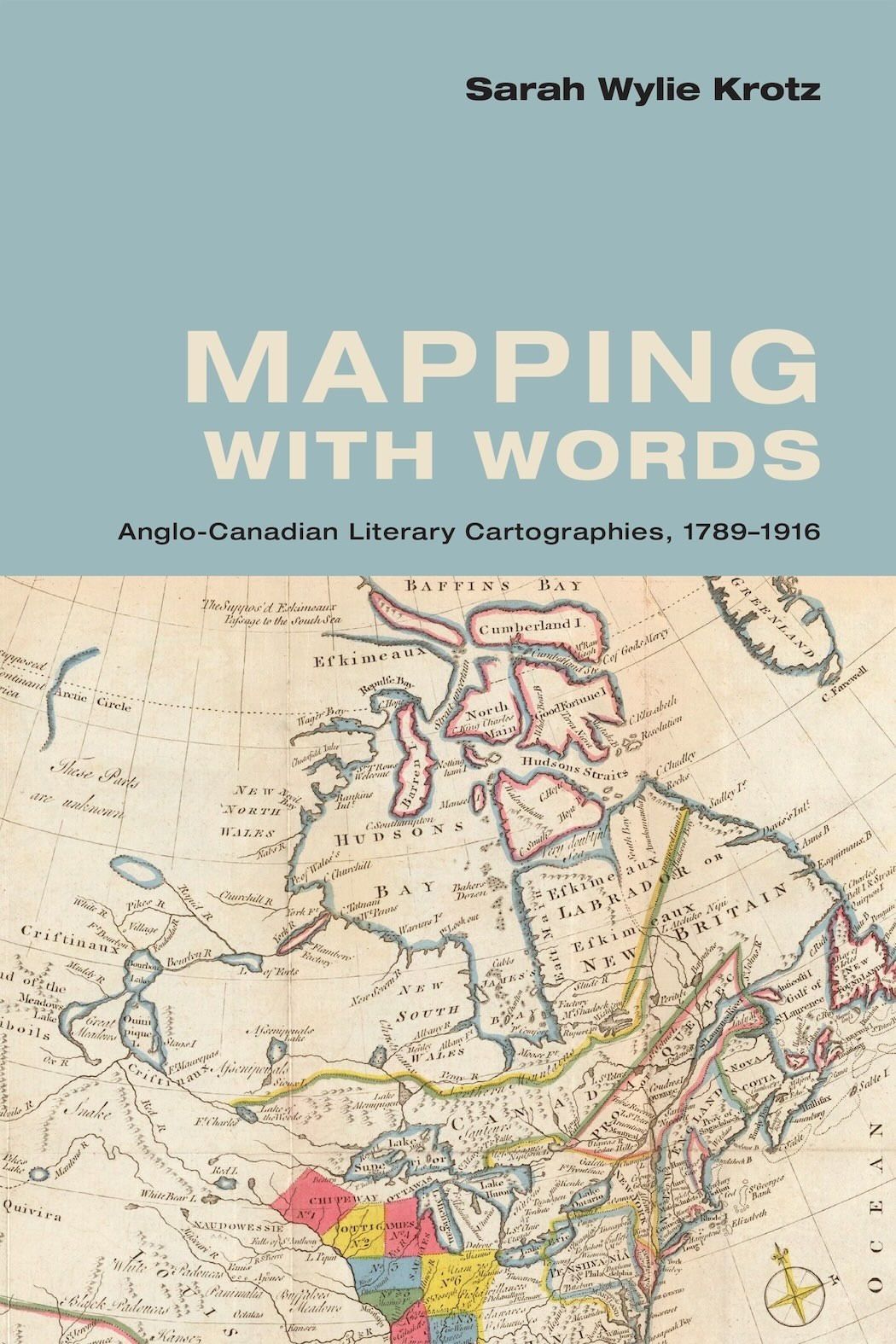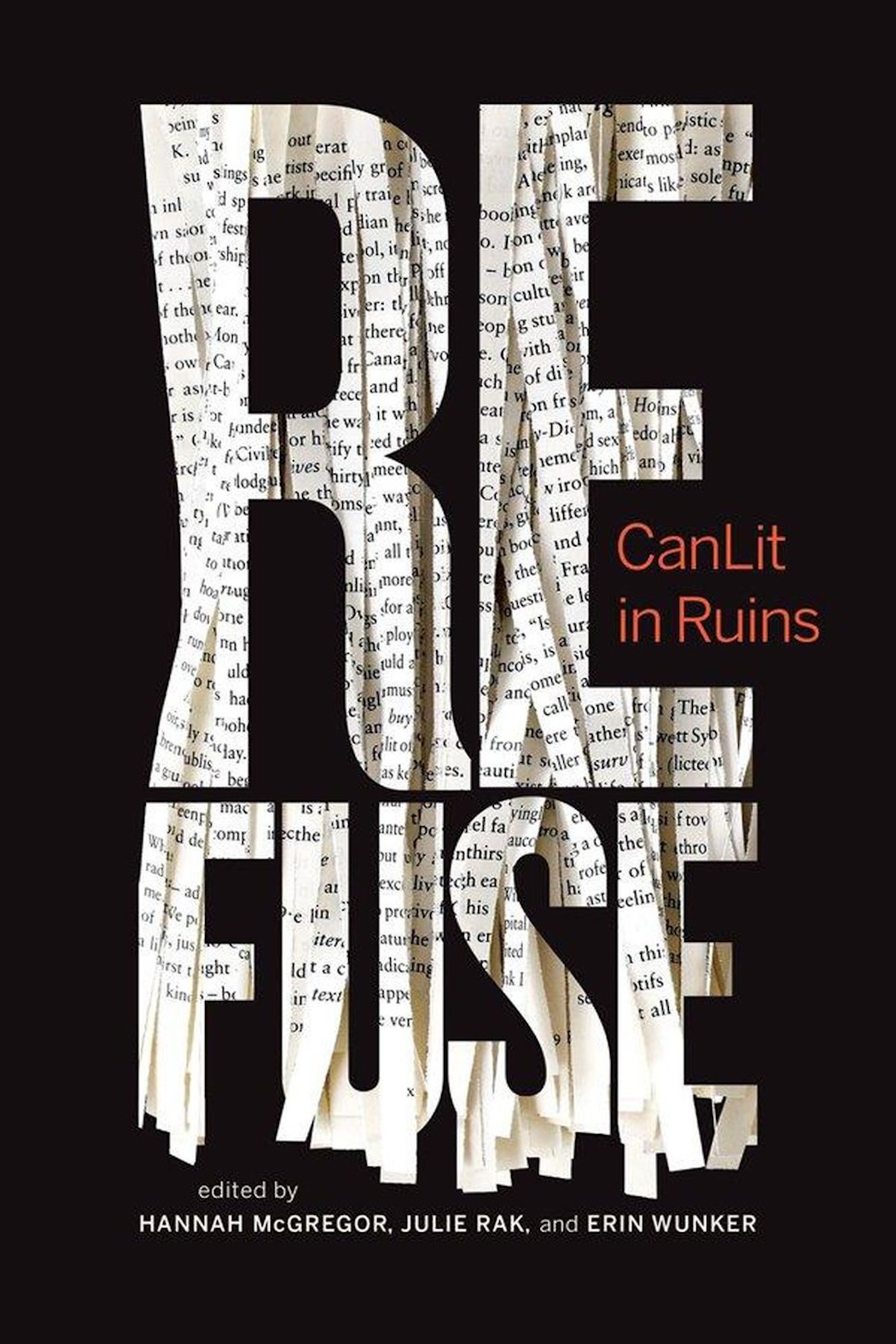2018

Comparative Literature for the New Century
Editors: Giulia De Gasperi and Joseph Pivato
Publisher: McGill-Queen's University Press
Contributors: Jolene Armstrong, Ndeye Fatou Ba, E.D. Blodgett, George Elliott Clarke, F. Elizabeth Dahab, Anna Pia De Luca, Giulia De Gasperi, Sneja Gunew, Dominique Hétu, Linda Hutcheon (Foreword), Mark A. McCutcheon, Joseph Pivato, Gaetano Rando, Deborah Saidero, Maria Cristina Seccia, and Monique Tschofen
Keywords: Comparative Literature; Comparative Canadian Literature; Canadian authors; literary theory; post-colonial theory; ethnic minority writers; translation studies; Canadian literary scholarship; bilingual scholars; interdisciplinary studies; media and literature
About the Book:
This book argues that Comparative Literature should follow the Canadian model of bilingual scholarship by embracing and promoting different languages and literatures, thus moving away from a dependance on English translations. Here the bilingual scholars examine the problems of translation, identity politics, the role of tradition, minority writing, Francophone and Anglophone novels in Africa, and politics in literature. They consider theories in media studies, psychology, post-colonial studies and gender studies. The main editor Joseph Pivato wanted to highlight the work of many younger bilingual Canadian scholars and their interdisciplinary approach to literary studies. This book argues against the American example of monolingualism and culture wars.

Mapping with Words: Anglo-Canadian Literary Cartographies, 1789-1916
Author: Sarah Wylie Krotz
Publisher: University of Toronto Press
Keywords: literary geography; expansionism; Indigenous territory; counter-mapping; Adam Hood Burwell; Thomas Cary; Catharine Parr Traill; Susanna Moodie; George Monro Grant; Duncan Campbell Scott; David Thompson
About the Book:
“In this elegantly written book, Krotz explores the relationship between lines on maps and lines of text, arguing that much settler writing might be seen as 'an extension of the colonial maps upon which emigrants depended.' . . . Comprising poetry, travel narratives, a pioneer memoir and natural history, these writings cover 127 years of colonial expansion, highlighting the complexities, ambivalences and contradictions of colonisation, giving us a textual map of the colonial cartographic imagination. . . . This book is a five-star addition to studies in Canadian literary geography.” (Coral Ann Howells, British Journal of Canadian Studies)
"Mapping with Words is a model of what literary or rather cultural criticism ought to be today, a genuinely original and fascinating contribution to Canadian Studies: accessible, politically, culturally, and historically aware, and fun to read." (Christoph Irmscher, Department of English, Indiana University, Bloomington)

Refuse: CanLit in Ruins
Editors: Hannah McGregor, Julie Rak, and Erin Wunker
Publisher: Book*hug Press
Contributors: Jennifer Andrews, Gwen Benaway, Natalee Caple, Marie Carrière, Kristen Darch, Alicia Elliott, kim goldberg, Jane Eaton Hamilton, Fazeela Jiwa, Sonnet l’Abbé, Lucia Lorenzi, Tanis MacDonald, Keith Maillard, Laura Moss, Dorothy Ellen Palmer, A.H. Reaume, Nikki Reimer, Kai Cheng Thom, Erika Thorkelson, Zoe Todd, Chelsea Vowel, Phoebe Wang, Joshua Whitehead, and Lorraine York
About the Book:
CanLit—the commonly used short form for English Canadian Literature as a cultural formation and industry—has been at the heart of several recent public controversies. Why? Because CanLit is breaking open to reveal the accepted injustices at its heart. It is imperative that these public controversies and the issues that sparked them be subject to careful and thorough discussion and critique.
Refuse provides a critical and historical context to help readers understand conversations happening about CanLit presently. One of its goals is to foreground the perspectives of those who have been changing the conversation about what CanLit is and what it could be.